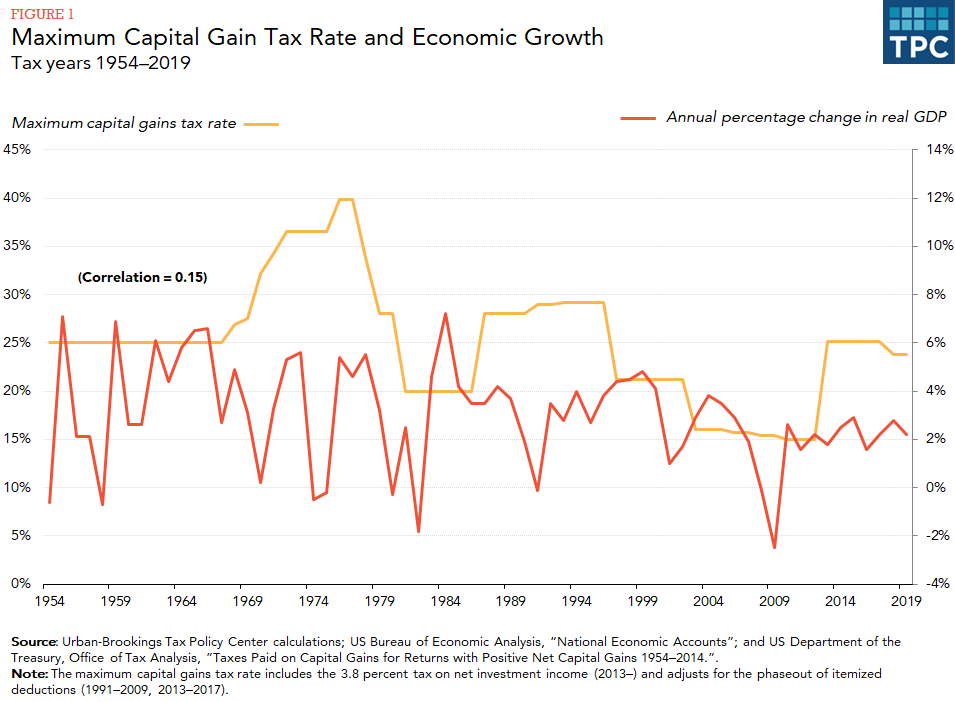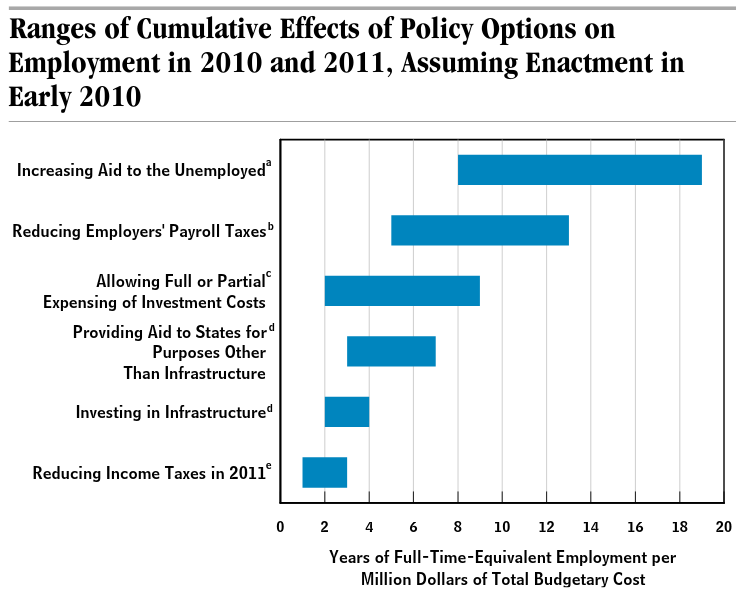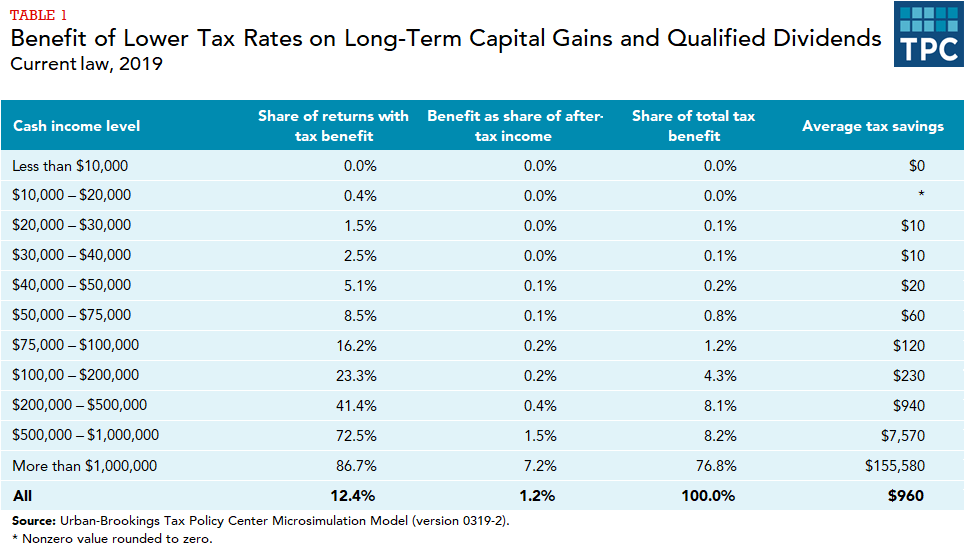A Seriously Capital Proposal
During a time of growing unrest, why not build a hydroponic trickle-up machine?On August 10th, 2020, President Trump said,
"We're looking at also considering a capital gains tax cut, which would create a lot more jobs, so we're looking very seriously at a capital gains tax cut; and also, uh, at an income tax cut... for middle income families? We're looking at expanding the tax cuts that we've already done, but specifically for middle-income families—and you'll be hearing about that in the upcoming few weeks.
And I think it'll be very exciting, so, a capital gains tax is going to be a lot of, a lot of people put to work and, uh, it would be a cut in the capital gains tax and also a cut in the middle-income income tax."
Ostensibly, Trump is claiming that he and Congress will provide the tax cuts necessary to buttress the economy—that is, a tax bill similar to the Tax Cuts and Jobs Act of 2017, and a reduction in April 2021 taxes on asset sales, will keep this thing alive.
No gods, no masters, in this interpretation.
However, to be less charitable, Trump said, "A capital gains tax cut would create a lot more jobs. A capital gains tax cut is going to be a lot of people put to work. We're looking at expanding the tax cuts that we've already done. And you'll be hearing about that in the upcoming few weeks."
The Tax Cuts and Jobs Act of 2017 was one of the most exhaustive pieces of tax reform legislation in the last 30 years, so Trump is likely referring to the TCJA. I'll reserve my commentary for the upcoming few weeks, but Edward Jones® has a nice infographic on the TCJA's significant adjustments and Investipedia does a thorough breakdown.
Instead, I'd prefer to focus on the capital gains tax rate.
Is there any chance that capital gains tax cuts will encourage or promote job creation? Does it improve the economy? Who profits?
It's the Economy, Stupid
A capital gain is when you sell an investment or an asset for a profit.
There's an underlying assumption that the investment or asset is profitable for the other party, which is a fun thought experiment to play. What might all these sold assets be and how might the buyer capitalize or profit from the purchase? In any case, the seller receives income from the sale to hypothetically invest with. That's what we're taxing.
So, how in God's green Earth would reducing the capital gains tax create jobs?
The Tax Policy Center notes that by "reducing the disincentive to invest, a lower capital gains tax rate might encourage more investment, leading to higher economic growth."
This makes sense. Capital gains are taxed once an asset is "realized." If the capital gains tax rate is volatile or considered too high, one might sit on an asset until their preferences or environment change, thereby reducing investment.
For example: Jeff Bezos has many reasons not to liquidate his stock in Amazon, but he may be further disincentivized from selling his stocks at the existing capital gains tax rate. In this way, Jeff has less money and incentive to invest in companies like Boeing, his favorite Seattleite bakery, or a San Franciscan widget factory—which is bad.
This does make sense. However, economists don't advocate investment for investment's sake, I think, but because investment increases the aggregate wealth in our economy (which is generally measured in GDP).
The Tax Policy Center also notes (shown in the chart below) unfortunately that the correlation between the capital gains tax rate and real GDP has been very weak. Almost nothing.

There isn't any observable effect on the economy from a change in capital gains tax rates. An increase in investment doesn't seem to improve our aggregate material wealth.
And with one graph, we've slain the beast called NASDAQ.
That was simple. Too simple...
Oh! What about jobs?
A Lot More Jobs
Does a reduction in capital gains taxes promote job creation?
The most relevant source I found was from the Congressional Budget Office, in 2010, a time in which we were still reeling from the housing crisis. The CBO director testified to the Senate Budget Committee on the nation's economic outlook and on several fiscal policies which may have a positive effect on the economy.
The testimony is illuminating, economically and historically, but what's most relevant are the highlighted policy options and their expected impact.
Below is a graph from the testimony reflecting the impact of said options:

And a few highlights from the document:
Policymakers cannot reverse all of the effects of the housing and credit boom, the subsequent bust and financial crisis, and the deep recession. However, in CBO’s judgment, there are both monetary and fiscal policy options that, if applied at a sufficient scale, would increase output and employment during the next few years.
In particular, the cuts in taxes or increases in spending that would provide a short-term economic boost would also increase federal budget deficits and debt, thereby weakening economic growth in the long run. Policies that offer more bang for the buck in providing short-run stimulus could help minimize those long-term costs.
A temporary increase in aid to the unemployed would have a significant positive short-term effect on the economy per dollar of budgetary cost. Such an increase would slightly raise unemployment among the affected individuals, but it would also raise people’s spending and thereby increase output and employment in the economy overall.
A temporary increase in infrastructure investment and a temporary across-the-board reduction in income taxes would have still smaller short-term effects on output and employment per dollar of budgetary cost.
To summarize, in the CBO's judgment:
- Fiscal policy options exist that will increase output and employment.
- Fiscal policies that provide a short-term economic boost would also increase the federal debt. The more effective policies will help minimize these costs.
- Aid to the unemployed will provide the greatest amount of effect per dollar.
- Of the considered options, reducing income taxes would have the least effect.
Ultimately, it seems Trump may have hung his hat on the least effective rung.
I'm not arguing that the crises of 2008 and 2020 are of the same cause; only that our economic forecasts are eerily similar to the predictions in the CBO's testimony, and if so, these options may hold the same weight. Ironically, reducing payroll taxes—the second-most effective option considered in 2010—may be less effective today, as the supply-side adjusts to its new normal globally.
I struggled to find anything that was so specific to the point—reducing capital gains taxes as a tool of job creation—and invite contrary evidence, but in the most recent economic crisis (2008), reducing personal tax revenue was considered the least effective option for job creation. Why would it be preferable now?
People Put to Work
Trump claimed that "a capital gains tax [cut] is going to be a lot of people put to work." Unfortunately, I believe he's right. A reduction in capital gains taxes—ceteri paribus—may even increase our 2021 federal income tax revenue.
Americans often forget that our tax system functions marginally—the rate of taxation is adjusted per each dollar earned over a period of time. For example, in 2020, a person will be taxed 10% on the first $9,875 earned. At $9,876, that and each following dollar is taxed at 12% until you've earned $40,125. The next dollar will be taxed at a rate of 22%. This process continues up to a marginal tax rate of 37% on all income above $518,400.
However, long-term capital gains are quite a different beast.
In 2020, you won't be taxed whatsoever on any annual capital gains until you've made $40,000. After that, you will be taxed at a rate of 15% until you've made $441,450. Finally, every dollar above $441,450 will be taxed at 20%. If you're a wage slave like the rest of us, Obama likely tacked on an additional 3.8% for you.
You can interact with the chart below to see what you'd owe in taxes on either capital gains or ordinary income:
This chart is very reductive—there's no standard deduction, exemptions, credits, etc.—yet it portends which classes of wealth benefit from a tax cut on capital gains.
Once again, from the Tax Policy Center:
Critics are correct that low tax rates on capital gains and dividends accrue disproportionately to the wealthy. The Urban-Brookings Tax Policy Center estimates that in 2019, more than 75 percent of the tax benefit of the lower rates went to taxpayers with income over $1 million (table 1).

Those who earn less than $50,000—those most affected by the economic downturn we've experienced—receive less than 1% of the total benefits. Less than a fourth of those who make $100,000 even profit from a reduction in capital gains tax.
From this it should be clear: any decrease in capital gains taxes largely benefits the rich.
So in a way, Trump's rhetoric on "people put to work" may be accurate. Trump and Congress will put people back to work—searching for rent, credit, and food payments. Those who need not work will not have to, and everyone else will.
That's all he could honestly mean.
The Upcoming Few Weeks
A capital gains tax cut would have no significant effect on the economy, has no evidence of creating jobs, and would disproportionately reward the rich, ignore the working class, and produce negative or neutral federal revenue.
In light of the millions of Americans unemployed, an ailing economy, and an increasing federal debt, is this really the best path forward? Reward the wealthy and do little else?
I don't necessarily believe capital gains taxes should be raised, left alone, or lowered; but, the Trump administration seems to be working with the Senate on bad policy. There's an opportunity cost to each bill brought to the floor, each action we take, and this one seems to be worse than regular.
In the upcoming few weeks, we just might hear news of Congress or the Trump administration working on some new tax legislation. There will be normative elements, an assurance that you'll benefit, and suggestions that this will get better due to it.
I only ask that, during this period, you keep in mind: what they say, what that means,
and how it might affect us.